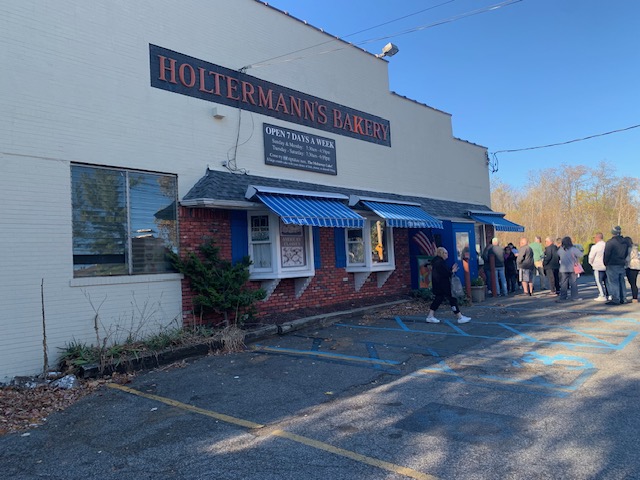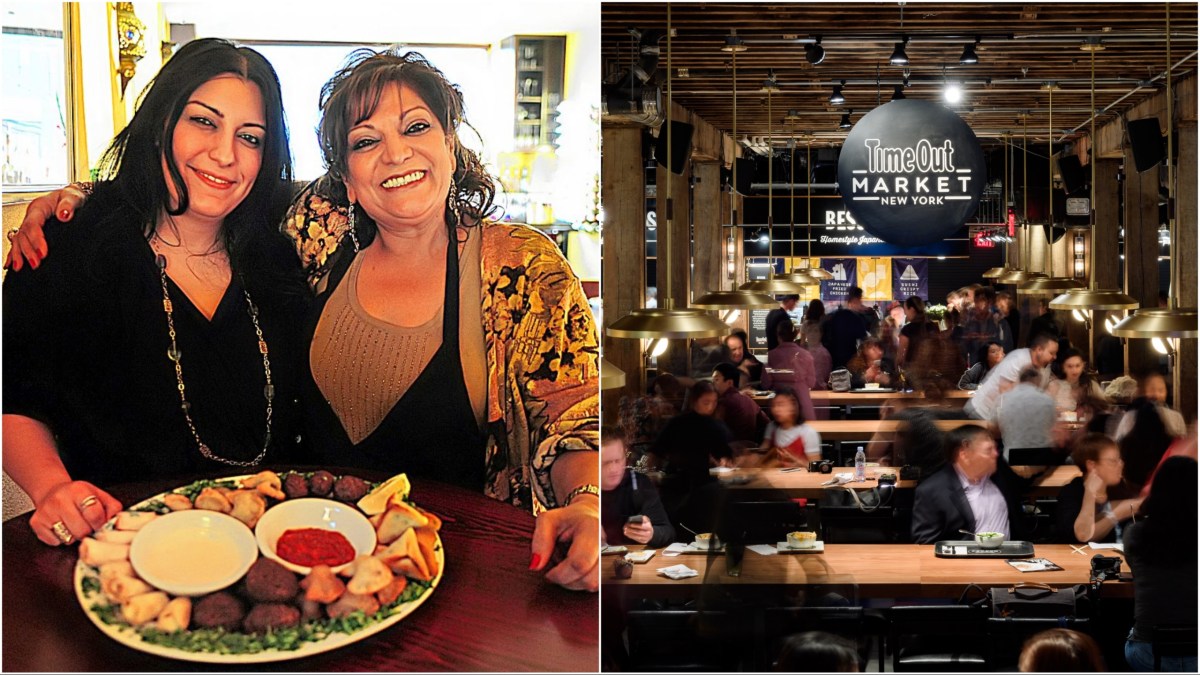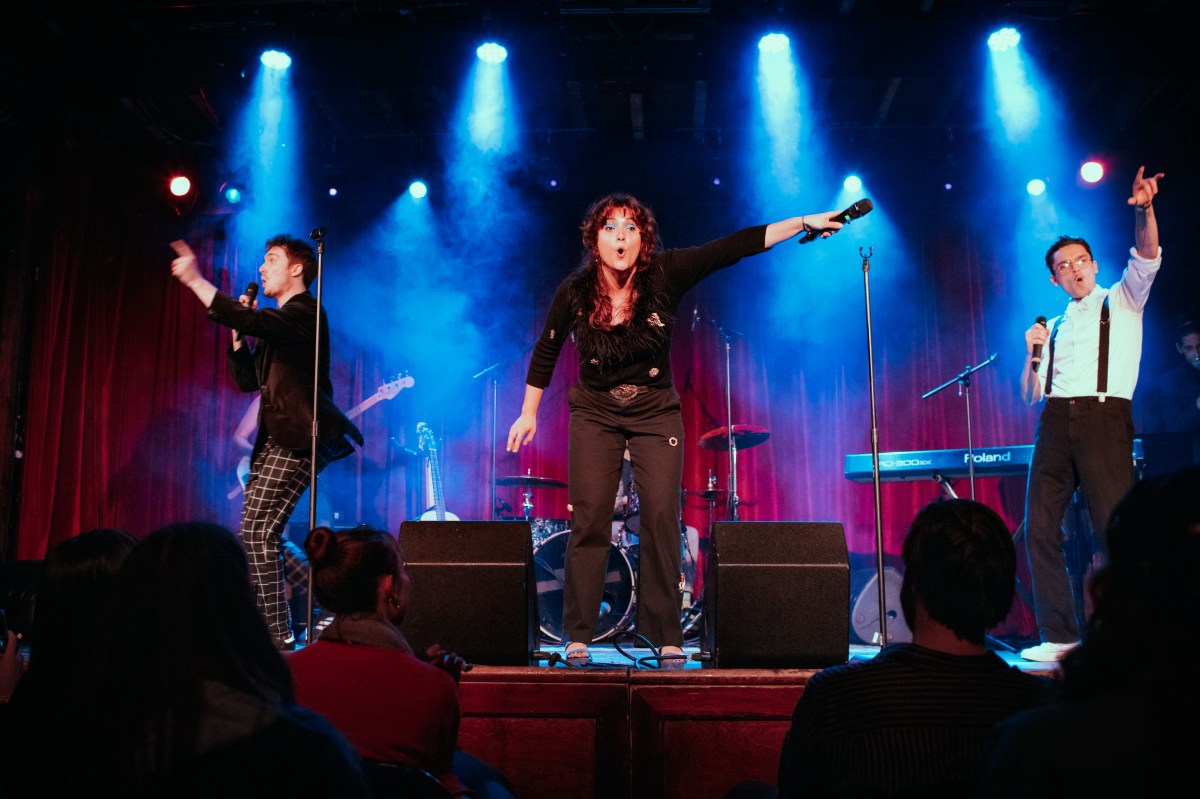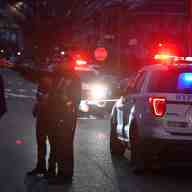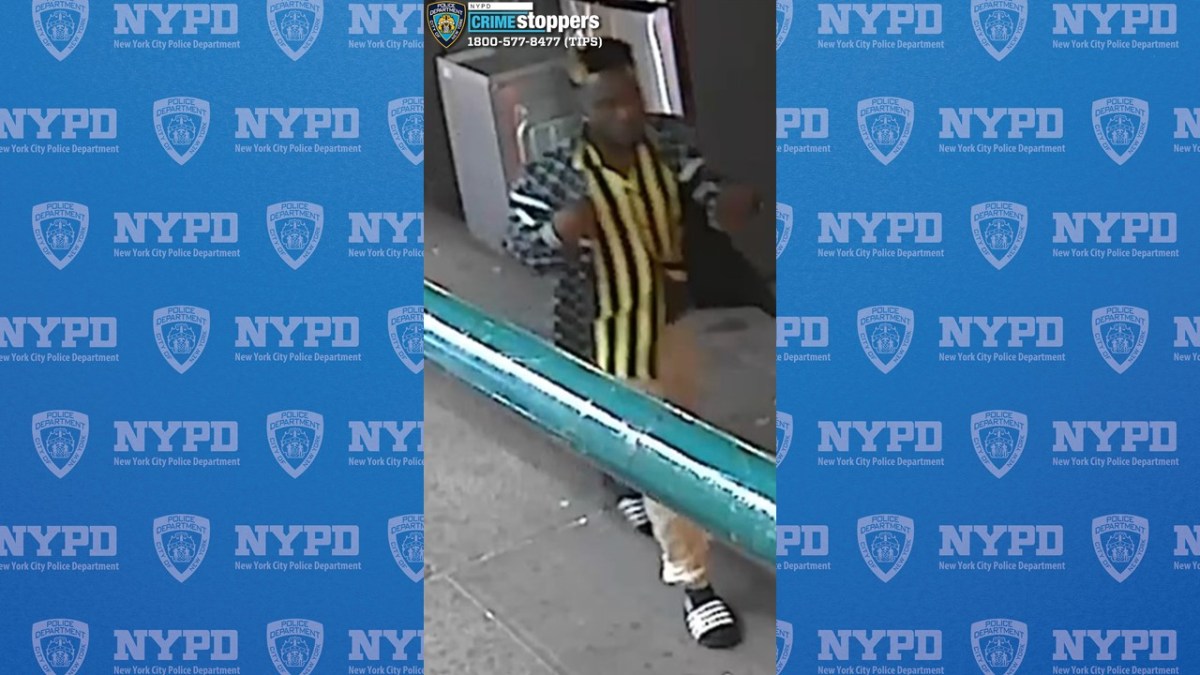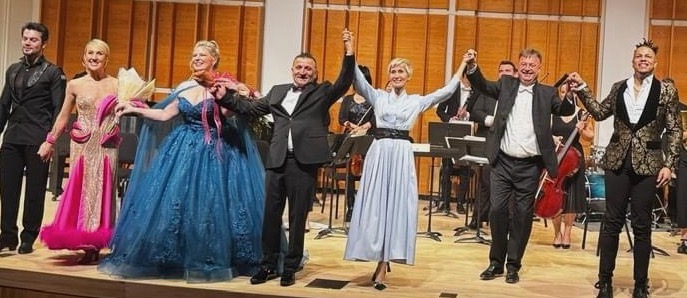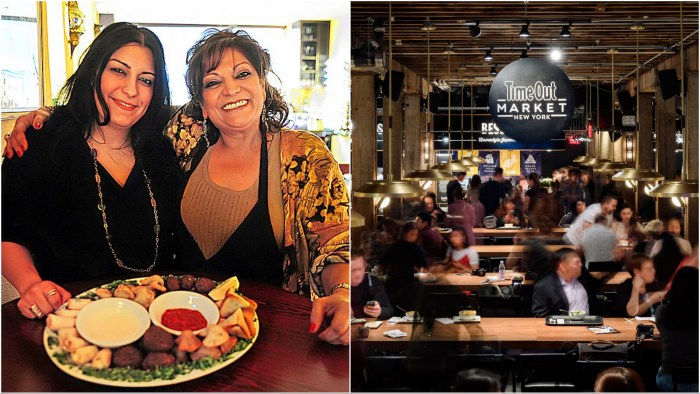
In the wake of the deadly synagogue shooting in California over the weekend, a New York City nonprofit says the need for security training is more paramount than ever.
Founded in 2007, Community Security Service offers risk assessments to synagogues and Jewish centers, trains members of the community on how to respond to threats and offers security for events.
The attack on the Chabad of Poway synagogue in suburban San Diego on Saturday came exactly six months after 11 people were fatally shot at the Tree of Life synagogue in Pittsburgh, the deadliest attack on a Jewish community in United States history.
“Unfortunately these things are happening all the time and the Pittsburgh massacre just made it worse because people who were on the edge and had it in mind to do this type of thing, it encourages them to do it too,” said Avi Abraham, CSS’ head instructor and owner of the New York Self Defense Academy.
Lori Gilbert Kaye, 60, a founding member of the Chabad of Poway synagogue, was laid to rest on Monday. Rabbi Yisroel Goldstein, who lost a finger when he tried to stop the shooter, presided over her service.
Suspected gunman John Earnest pleaded not guilty Tuesday to murder and attempted-murder charges in the attack, which is being investigated as a hate crime. He also pleaded not guilty to one count of arson on a house of worship stemming from a nearby mosque that was set on fire in March.
A report released by the Anti-Defamation League on Tuesday suggests such attacks reverberate across the country, including in New York where 72 anti-Semitic incidents were reported in the 30 days after the Pittsburgh shooting. The NYPD stepped up its security around houses of worship on Sunday following the San Diego shooting.
Abraham said both shootings show how essential it is for every house of worship to have a first response team with designated members who are trained to handle such situations.
“It doesn’t necessarily have to be an active shooter, either,” Abraham said. “We try to cover all types of attacks, whether if it’s with an assault rifle, if it’s with knives, if it’s handguns or explosives or suicide vests.”
At the end of each training session, Abraham and the group go back to their synagogue where they run through the different scenarios and how to respond to each one.
CSS trained between 15 and 20 synagogues in New York City, but Abraham declined to offer further specifics because of security concerns.
“And not just in New York City, we go to New Jersey, Pennsylvania — lots of places,” he said. “They keep me very busy with this, unfortunately.”
As CSS learns more about active shooter situations, Abraham said they’ve evolved the training program from a lockdown protocol to a "run, hide or fight" approach.
“If you don’t engage, then more people can end up dead,” he said. “So in San Diego on Saturday, with the rabbi, he was the one who engaged. The guy was a hero.”
All congregants, and even people who live near a house of worship, can play an active role in combating violence by being more aware of their surroundings. If someone seems out of place, alert a security guard or call police, even if it’s Shabbat when you’re not supposed to use the phone, Abraham said.
With Reuters






